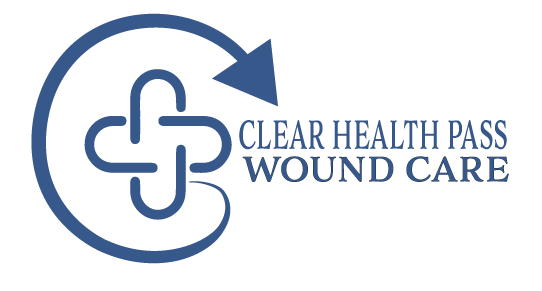Summary:
This randomized, multicenter clinical trial conducted by DiDomenico LA, Orgill DP, Galiano RD, et al. evaluated the efficacy of aseptically processed dehydrated human amnion and chorion membrane (dHACA) in healing chronic diabetic foot ulcers (DFUs). The study compared healing outcomes between dHACA combined with standard care (SOC) and SOC alone over 12 weeks.
Objective:
To assess the effectiveness of dHACA in improving healing rates for non-healing DFUs when added to standard care compared to standard care alone.
Study Design:
This was a parallel, prospective, randomized, controlled trial conducted across five outpatient wound care centers in the United States. A total of 80 patients with diabetic foot ulcers were randomized into two groups: one receiving dHACA with SOC (n=40) and the other receiving SOC alone (n=40). The study assessed the percentage of wounds healed at 6 and 12 weeks, time to heal, and cost to closure.
Results:
At 6 weeks, 68% of the DFUs in the dHACA group healed compared to 20% in the SOC group. By 12 weeks, 85% of DFUs in the dHACA group had healed versus 33% in the SOC group. The dHACA group demonstrated significantly faster healing, with an average time to heal of 29.2 days, compared to 39.5 days in the SOC group. The study also found dHACA to be cost-effective, requiring fewer grafts per wound.
Conclusion:
The use of dHACA significantly improved the likelihood and rate of healing in chronic diabetic foot ulcers compared to standard care alone. This suggests dHACA as a promising treatment option for DFUs, particularly when rapid healing is critical.
For more details, refer to the original article:
DiDomenico LA, Orgill DP, Galiano RD, et al. Use of an aseptically processed, dehydrated human amnion and chorion membrane improves likelihood and rate of healing in chronic diabetic foot ulcers: A prospective randomized multi-centre clinical trial in 80 patients. Int Wound J. 2018;15:950-957.

